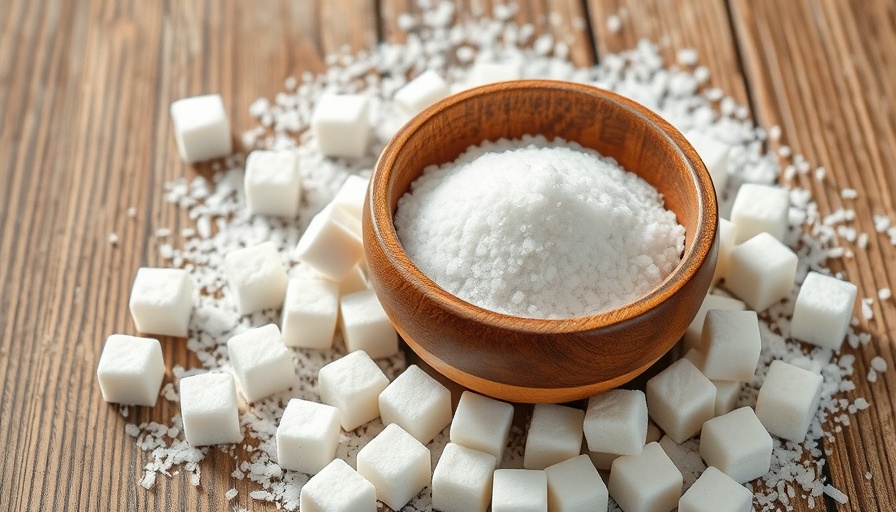
Unearthing Medieval Wisdom: Health Hacks That Resonate Today
An intriguing juxtaposition exists between the perceptions we hold of medieval medicine and the actual practices of that time. Recent research reveals a flourishing exploration of health remedies in the so-called "Dark Ages," a period once typified by superstition. Contrary to misconceptions, medieval Europeans were proactively experimenting with natural healing methods, some of which echo in modern wellness trends.
Research spearheaded by Binghamton University highlights the depth of medical knowledge in early Europe. For example, the Corpus of Early Medieval Latin Medicine (CEMLM) has substantially expanded our understanding by cataloging hundreds of medieval manuscripts. This extensive body of work shifts the narrative, illustrating that medieval people were not merely passive subjects of early medicine but active participants who closely observed nature and documented their findings.
Popular Practices: From Lizard Shampoo to Peach Stone Remedies
Among the more curious discoveries in these manuscripts are remedies that would charm today's wellness influencers. For instance, a method for alleviating headaches involved using peach stones combined with rose oil, resonating with modern holistic reactions to pain. Similarly, concoctions labeled as "lizard shampoo" give a cheeky nod to today's beauty treatments. The takeaway? Such remedies are steeped in ancient practices, yet are being revived on platforms like TikTok.
Lessons from the Past: The Value of Historical Context
By examining these historical health hacks, we gain valuable insights into the evolution of wellness culture. There’s much to learn from the collective wisdom amassed over a millennium; as wellness continues to trend, understanding these roots allows us to appreciate the foundational knowledge of our ancestors. Navigating our health today may benefit from the past's wisdom and trial-effectiveness, fusing ancient practices with modern insights.
 Add Row
Add Row  Add
Add 




Write A Comment